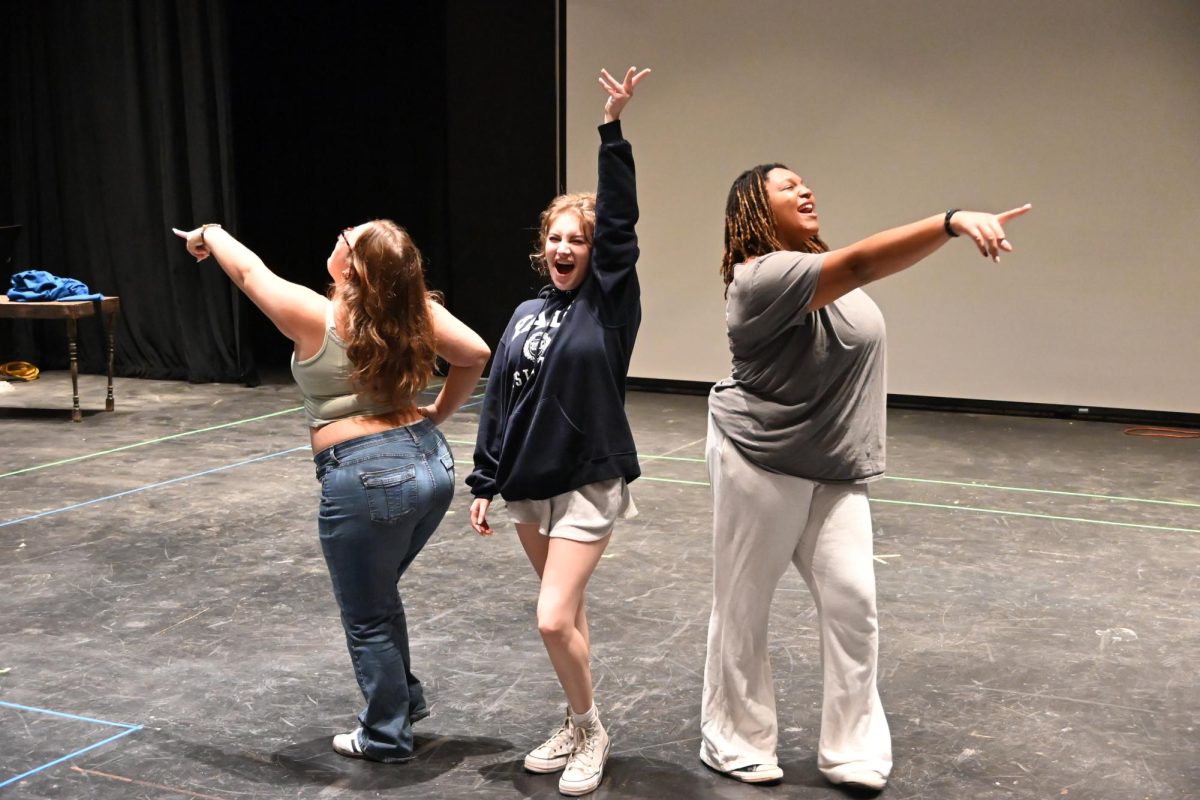ESOL students face barriers that prevent them from developing a sense of belonging in Central. Many ESOL students believe that this is due to the lack of attention and help they received from some teachers and non-ESOL students.
“Most of the time it feels like ESOL students are being set apart from the rest of the school,” freshmen Juan Daniel Palacios said.
Palacios acknowledges that being an ESOL student has been difficult. Everyday he struggles, confronting the language barrier that prevents him from becoming more comfortable speaking English with other non-ESOL students.
“At first, I didn’t understand English very well but even if I’m more comfortable speaking English now, I still feel like I can’t have an actual conversation,” Palacios said.
ESOL students have to learn to read, write, speak and understand the English language and how to use it in the classroom. They also have to try to get to same academic level as classmates who were born in America. All of this happens while adapting to a new culture and trying to make friends, making it harder for them to feel comfortable and accepted.
“It was difficult because I don’t understand a lot of people and felt weird and uncomfortable around them,” Freshmen Eddy Puente said.
Not being able to communicate and understand other students has affected the fundamental goals that many other ESOL students want to achieve: learning to be part of a normal school environment, to know, and to understand others.
“Sometimes I feel like I don’t belong because I’m not American,” senior Saif Alrashid said.
The fear of rejection decreases the chance of developing a sense of belonging. Alrashid believes that looking different and not being born in the United States is the main reason why many like him don’t develop a sense of belonging in school.
“I would really like to talk and spend time with other non-ESOL students, but I don’t know a lot of English so I’m afraid that if I speak I will be judged by the way I talk,” Palacios said.
In reaction to hostile environments, students have created alliances with other ESOL students because they feel more comfortable speaking English.
“I feel more comfortable sitting with them, we understand each other because we have the same culture,” junior Ahmad Lozi said.
Some ESOL students know that it is up to each other to be accepted by others, convincing them that they are the same even if they dress differently or talk differently.
“You got to try and not be afraid of words not sounding right, you just can’t give up,” junior Bryan J. Hernandez said.
ESOL students confront serious difficulties in participating in a conversation or expressing an opinion with non-ESOL students which is why many believe it’s important for teachers and classmates to help them overcome their fears.
“Some teachers try to help but when doing group work, they kind of just separate us from the rest of the class,” junior Andi Puente said.
ESOL teachers Erin Rauch and Stacy Stibal believe teachers could also help motivate the students to share ideas and points of view within the group. This provides the opportunity for the student to become more comfortable in classrooms.
“We need to include ESOL students more in school events and activities; we have to insist and make American kids and teachers want to make a difference,” Stibal said.




